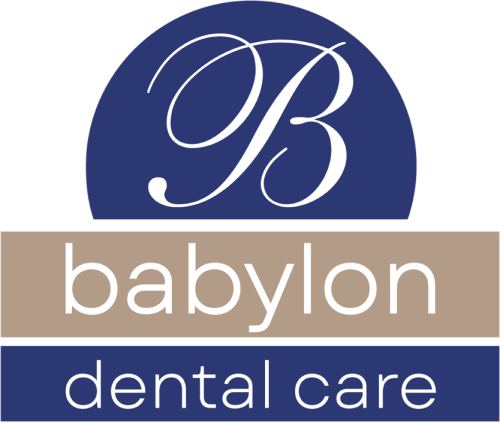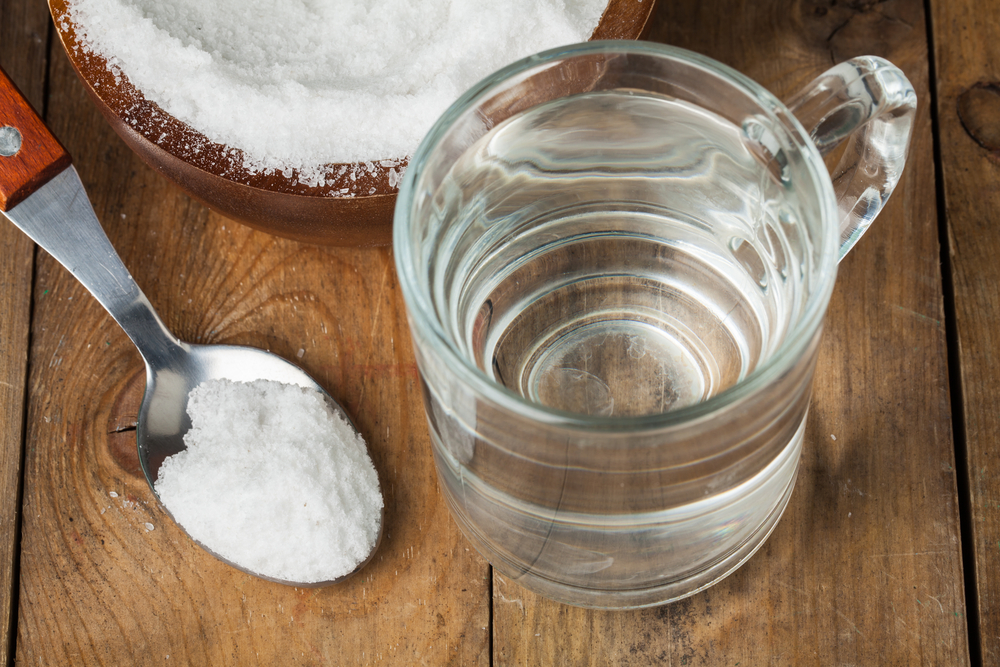If you’ve ever accidentally gotten salt in a cut, you know exactly why “pouring salt in the wound” is such a profound and painful phrase. So why, then, when you have a missing tooth or have a sore throat, do both dentists and holistic practitioners all suggest using a saltwater rinse? It may be because there is a long history supporting salt’s healing properties dating all the way back to the 1600s B.C. One of the fathers of medicine, the Greek Hippocrates, recommended using salt mixed with water to help cure various skin diseases. It turns out the ancients were on to something.
What Makes Saltwater Special?
Oral saltwater rinses work, in part, by helping to kill harmful bacteria in the mouth. Salt helps to increase the pH level of the mouth. In this alkaline environment, it can be hard for bacteria to grow and thrive since they typically prefer a more acidic home. Therefore, the salt in the saltwater helps to create a temporarily inhospitable place for bacteria. This can help limit their reproduction. Saltwater may also help kill some types of bacteria through osmosis, which is the process of removing water from the bacteria, causing them to die.
Studies have also found that saltwater rinses are rather effective at keeping down plaque build-up when used in conjunction with other oral health tools, such as brushing and regular dental visits. Saltwater rinses have also been shown to benefit oral health after serious dental procedures such as tooth extractions, and they can also ease pain caused by canker sores, sore throats, and gum irritation. Again, this is due to saltwater’s anti-bacterial properties.
Saltwater also helps speed wound recovery by reducing painful inflammation and swelling. Saltwater is a great option for those that are sensitive to the harsh alcohol present in many traditional, over-the-counter types of mouthwash.
Conditions a Saltwater Rinse May Help
Adding a saltwater rinse to your everyday dental routine may benefit several oral health concerns. Those conditions include:
- Tooth extraction
- Toothache
- Sore throat
- Canker sores
- Gum pain
- Gum infections
- Periodontal disease
- Oral surgery recovery
How to Make an Effective Saltwater Rinse
The general rule of thumb for making a salt water rinse is to add ½ to 1 teaspoon of any type of salt to 8 ounces of water. For the best results, use warm water so that the salt has a chance to dissolve properly. You can boil the water ahead of time and add the salt, then allow it to cool to room temperature before using. Cold water will not allow the salt to dissolve properly and can be jarring for sensitive teeth. If the solution stings, try decreasing the amount of salt to just ½ teaspoon.
To use the solution, swish the saltwater rinse around in your mouth for 20 to 30 seconds. You can gargle the solution if you feel comfortable. Once done, spit the water into the sink and throw out the rest of the solution to avoid contamination. You may want to rinse before brushing to loosen food particles first. This also allows the fluoride from your toothpaste to remain on your teeth and not get washed away by the rinse.
A saltwater rinse is a great addition to any oral health routine, but take note of the use of the word “addition.” A saltwater rinse should never take the place of brushing or regular dental visits, but it is a powerful companion to brushing, flossing, and oral hygiene appointments.
If you need to schedule a dental visit, now is the time to contact Babylon Dental Care. Our team of dentists and oral hygienists is ready to keep your teeth healthy and your smile sparkling. To make an appointment, call us today at (631) 983-6665 or reach out to us online.

